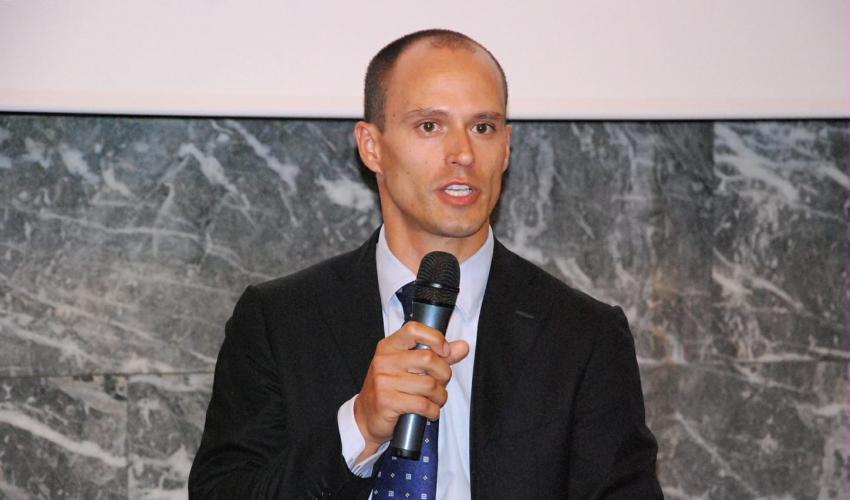
How to Change a Hospital in the Aftermath of Covid
THE PANDEMIC THAT HAS HIT HEALTHCARE FACILITIES HARD HAS PROMPTED MANAGERS TO REVIEW THE ESTABLISHED PROTOCOLS. WITH THE AIM OF HAVING LESS CROWDED AND MORE EFFICIENT HOSPITALS IN THE FUTURE. THE EXPERIENCE OF GIACOMO CENTINI, BOCCONI ALUMNUS AND DIRECTOR GENERAL OF THE ALESSANDRIA HOSPITAL AUTHORITYHospitals will never be the same again. Forget the long queues, the waiting rooms crowded with patients waiting to be examined. Those who enter a hospital for an examination or a visit should stay there as little as possible, just as long as strictly necessary. And when the regulatory aspect will also be aligned, telemedicine will play an important role, because physical presence in the hospital is not always necessary. Following these guidelines Giacomo Centini, Bocconi alumnus (CLEA graduate in 2004) and Director General of the Alessandria Hospital, is reorganizing his hospital after the Covid storm that hit hard here, since the province of Alessandria was the seventh largest in Italy in terms of number of cases in relation to its inhabitants. "We had about 800 cases, handled well overall," explains Centini, "and the number of health workers affected was low, about half the national average. We came out of it thanks to our organization, but above all to the excellence of the research for which we obtained recognition as an IRCSS, a healthcare institute of scientific nature, the ability to translate into concrete actions the contributions, often contrasting and confused, that came from all over the world. We have produced 35 publications, 20 clinical studies and many projects, confirming the axiom," says the manager, "that where research is done, care is better.”
Now that the emergency seems to be over, the challenge is to go back to offering the same standards as before with an organization that has changed a lot as a result of the rules on social distancing: "In hospital we must avoid any kind of crowding. For testing and sampling, for example, which is a typical case of service that generates long waits," continues Centini, "we have provided an app with which to book the exact time when it will be made. This organizational mode must remain in place for the long term, even once the emergency is definitely behind us. We don't want to be unprepared in the event of the return of Covid or some other virus. But at the same time, this terrible experience has also motivated us to improve, to provide patients with a more efficient service. Obviously," Centini points out, "in all this, the collaboration of citizens is very important.”
Another hot topic is that of diagnostics: not so much that relating to Covid, which will obviously recede, but that of other pathologies for which people crowd the emergency rooms of hospitals, often without need: "First of all we will measure the temperature to avoid access to people with the flu, especially in the winter months," says Centini, "then we will have to implement telemedicine, because patients have understood that it is not always necessary to come to the hospital, which is traditionally a place where you come into contact with many diseases. The Covid emergency made this clear, but it was something that was known even before. In addition, overcrowding makes a hospital less efficient. Telemedicine is an aspect that is very close to the manager's heart, but here the regulations must come to aid, because these services are not currently recognised by Italy’s national health service: "During the emergency we used this very useful method", adds Centini, "but the fact that it is not recognised discourages hospital structures from using it".
by Davide Ripamonti
